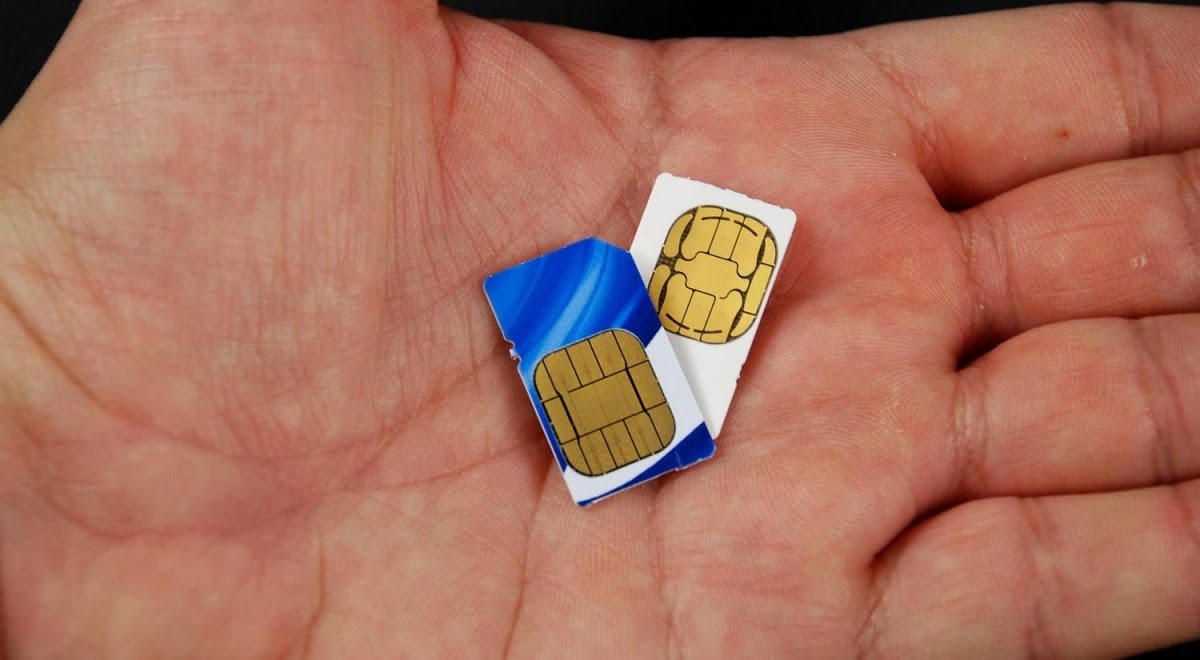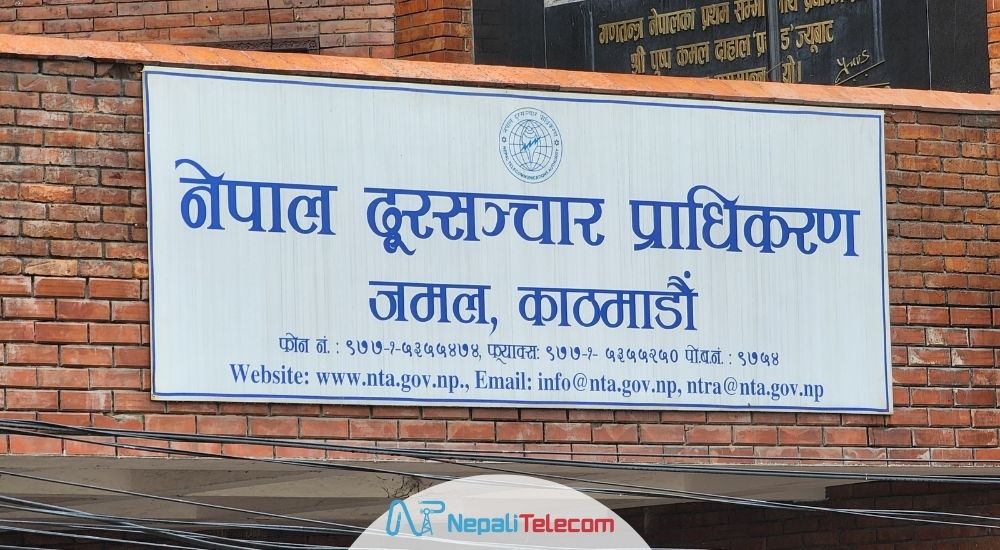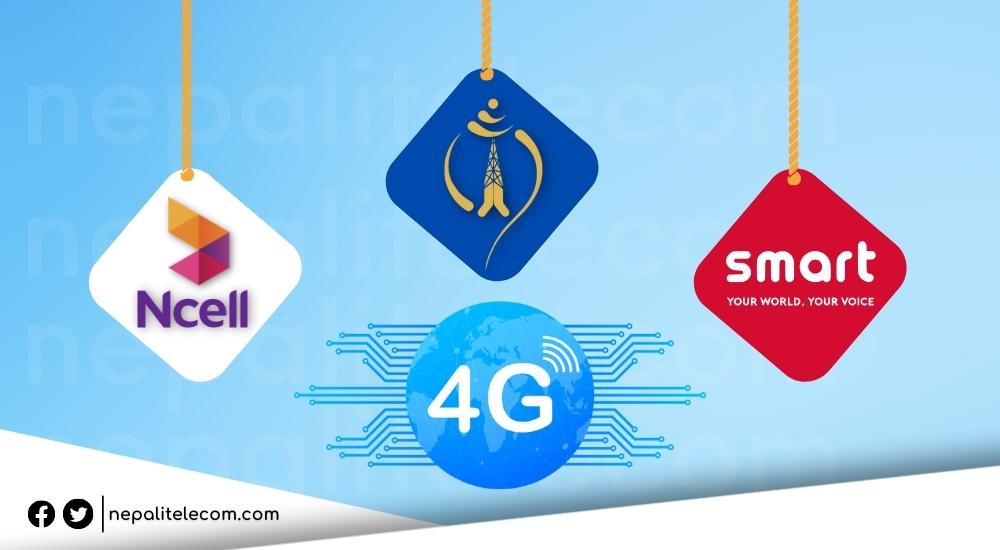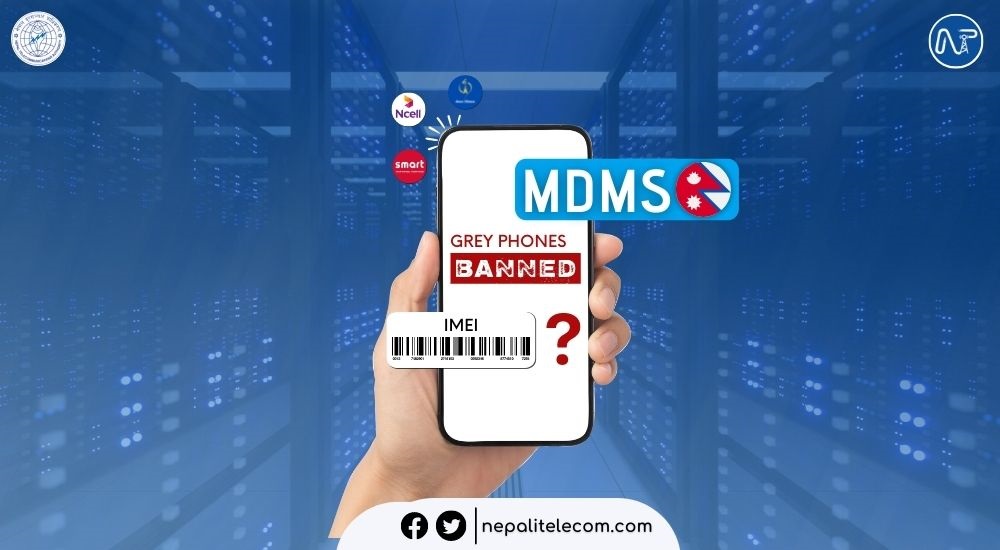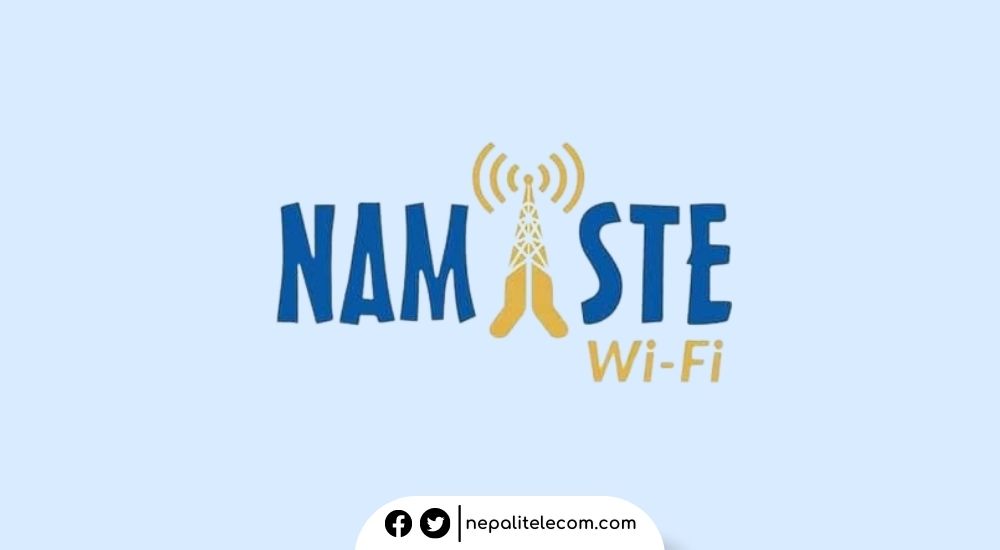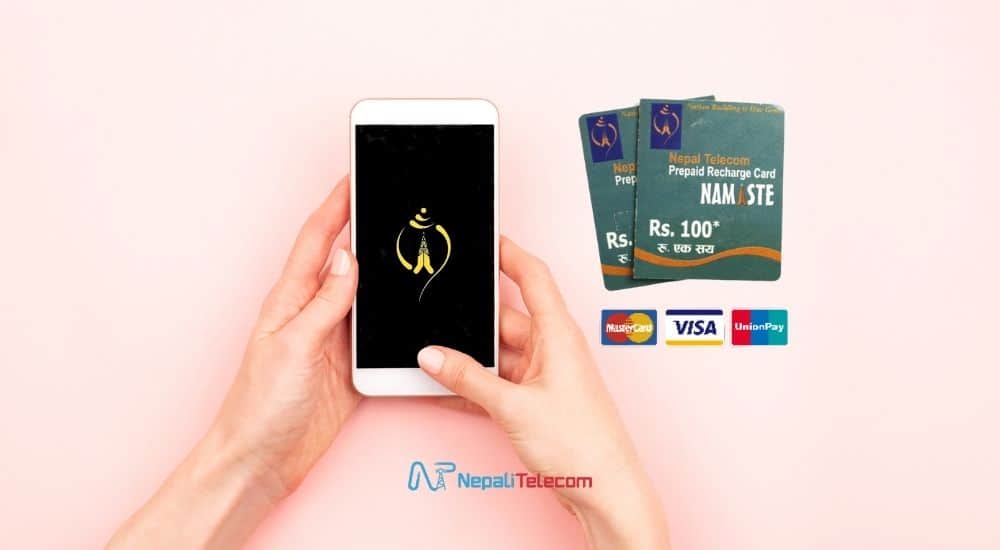Are you aware of NTA’s 2 SIM cards regulation? It has been a rule that you are not allowed to use more than 2 SIM cards. It must come to you as a surprise but that is true. Nepal’s telecommunications authority NTA has outlawed carrying more than 2 SIM cards from any telecom company. As an exception, the rule allows people to own 2 GSM and 1 CDMA Sim card for the Nepal Telecom case.
The regulation has been in place since Ashadh 2077 but it has not been as effective as NTA might have hoped. Phone owners are still buying SIM cards from any telco and in any number. They are less conscious of the policy or won’t care much at all. Chances are many are not even aware of it
In our survey on Facebook, we ran a survey asking our readers to share the number of SIM cards they have used. The numbers ranged from a very few 1 to beyond 10 highlighting the reckless use of SIM cards in Nepal.
But why has the policy been ineffective despite the highest telecom body enforcing it? Is it because the telcos are not willing to comply? or the policy itself has shortcomings? Here, we will revolve around the issues around NTA’s 2 SIM cards regulation and analyze what factors have derailed its impact.
Read: Dual SIM phone in Nepal and its importance
What’s In NTA’s 2 SIM Cards Policy?
The policy holds that a citizen can purchase 2 SIM cards from any telco of their choice. The telcos are also requested to keep records of their citizenship detail. Phone owners are also encouraged to buy SIMs under their own names. NTC has also made it easy to shift the ownership of their SIM card into their name if it is not. Besides, NTA has launched MDMS to track down all the phones running on Nepali telcos from the center.
To Minimize The Misuse of SIM Cards
Coming to NTA’s 2 SIM policy, there are valid grounds for it. Most mobile phone owners have bought multiple SIM cards over the years. They have been found to use one for a certain time and furlough it. Some also buy to use it for a certain while before abandoning it. We can’t rule out phone owners’ anti-social plots behind such acts with SIM cards. Plus, this makes it difficult to keep data of SIM card owns and track their IDs for both NTA & telcos.
This has led to rather unpleasant scenarios in the telecommunication data in the country. Telcos and SIM card vendors have failed to keep a record of SIM card ownership. As SIM cards are easily available, misuse can be obvious and we have occasionally heard of such instances. From threats, bluff calls, bullying, harassment to VoIP calls, scams, and data theft, etc.
The misuse of SIM cards has been there and to minimize it, NTA concluded on a 2 SIM cards policy. The idea is to discourage the misuse of telecom services and to keep an accurate record of SIM owners. Some other reasons include: preventing VoIP calls and restricting some phone numbers for service in banks and financial institutions.
But in the lack of proper groundwork and will, the regulation has been all but ineffective. Below, we enumerate key reasons to outline why NTA’s 2 SIM policy has struggled to enforce.
Lack of Coordination
It comes down to coordination between NTA and telcos. Nepal has mainly three telcos. NTC, Ncell, and Smart Cell provide carrier services. NTA rightly felt the need for the regulation but didn’t analyze its premises, or challenges with stakeholders.
There were even talks about NTA integrating biometrics for the public before they could buy a SIM card to ensure their detail are kept intact for reference. Neither of these looks possible to act upon for now. In the absence of cooperation between NTA, and telcos, the policy has not achieved a satisfying impact thus far.
Do read: NTA To Allow The Purchase Of SIM Card Without Carrying Documents
Impractical
Nepal’s internet access has skyrocketed over the years. NTA’s data shows about 78.87% of the population has access to mobile broadband. There is a steady growth in the number of mobile phone users and broadband access.
Keeping everyone’s accurate data may not be possible through an ill-thought policy for the service providers. Everyone involved seems to have turned a blind eye to it including SIM owners, telcos, and even NTA. If they couldn’t improvise upon the policy and strengthen it, they should have stalled it or not begun with it in the beginning.
Telcos’ Ignorance
Despite requiring a citizenship copy and pp-sized photo, vendors have also issued SIM cards with the documents of their customers’ relatives. SIM cards are incessantly sold or distributed in remote regions too without documents. Telcos also distribute SIM cards under various offers without caring for keeping detail. The seriousness to keep records is less noticeable.
It’s Business
Nepal’s telecom market is not large enough. Small demography has to be split among three telecom companies. To stay ahead and profitable, telcos have done much to expand and spread their business. NTA’s 2 SIM policy could pose a threat to their financial objectives. The lack of seriousness to adhere to NTA’s regulation may be an adverse effect on their business as well.
The Policy Is Contradictory
The policy dictates that an individual can carry two SIM cards from any telecom company. That means one can legally purchase 2 SIM cards from each of the major telcos in Nepal which means a possible 6. If the idea is to curb the misuse of SIM cards by limiting the number of SIMs for every individual mobile user, this policy is contradictory.
Do read: How to Buy a Nepal Telecom Postpaid SIM Card?
Conclusion
NTA’s 2 SIM policy is valid for all the right reasons. Regulation of SIM owners is very significant for users’ own safety and minimizing anti-social behaviors. However, the policy is flawed and thus has staggered to make an impact.
This may be the reason, there seems to be an unwillingness to dictate the policy from all sides. As a result, mobile users are less concerned about the policy and still buy SIM cards in any number they can afford.
Don’t miss: 12 things you should conside while using SIM card
We hope NTA and all the telcos coordinate upon the policy and bring necessary amendments so that the regulation has an impact. This would help phone users be conscious of the use of SIM cards and help authorities keep accurate data of their customers. Eventually, it would contribute to minimizing social crimes originating from mobile phones.
If you have some suggestions to add regarding the ineffectiveness of NTA’s 2 SIM cards regulation, feel free to suggest. By the way how many SIM cards do you use and which telecoms are those? Do care to share in the comments.


